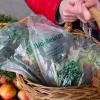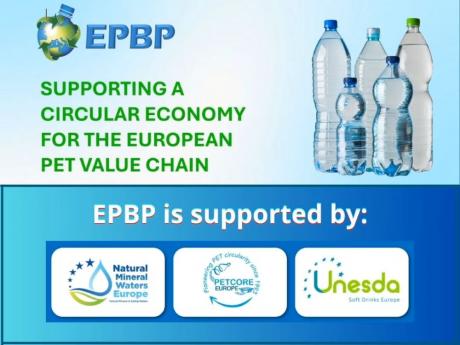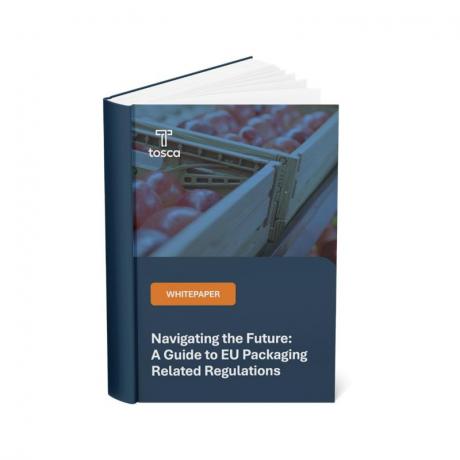Following the new EU Regulation on Packaging and Packaging Waste (PPWR), the German industry is presenting a united front through organisations such as Plastics Europe Deutschland, Inak, IK, Polykum, Carmen, the nova-Institute, and European Bioplastics. They are jointly calling for the mandatory use of compostable bags for all loose fruit and vegetable products, to replace the ultra-lightweight plastic bags currently in use. According to the proponents of this proposal, switching to compostable packaging in certain applications could help counter improper disposal, improve the quality of organic waste, and promote the recycling of the organic fraction of waste.
Through the PPWR, the European Commission aims, among other objectives, to improve the separate collection of organic waste and to reduce the release of microplastics into the environment. The new regulation proposes making the use of industrially compostable plastics mandatory across Europe for specific applications, such as fruit and vegetable stickers, tea bags, or coffee capsules. The aforementioned associations believe that this regulation should also be extended to include fruit and vegetable bags.
In future, fruit and vegetable bags should be compostable in Germany, said Christine Bunte, Managing Director of Plastics Europe Deutschland. The practical examples presented by Inak show where compostable plastics can be used effectively and where they are less suitable. This provides a good foundation for further discussions on the implementation of the PPWR in Germany.
Anyone who wants to collect organic waste correctly needs suitable and practical tools to do so, and compostable fruit and vegetable bags have long proven their effectiveness in other EU countries, added Katrin Schwede, Managing Director of Inak.
Certified compostable bags for loose fruit and vegetables would contribute to sustainability in several ways: firstly, they allow for hygienic transport of retail-sold produce; secondly, they help maintain the freshness of food; and finally, they can be used for collecting organic waste. At the same time, their use reduces the number of foreign materials in organic waste—particularly conventional PE bags, which are often mistakenly thrown into organic waste bins.
Compostable plastics are particularly suitable for packaging that is often disposed of with organic waste, such as adhesive labels for fruit and vegetables and organic waste bags. They are less appropriate for conventional packaging, such as snack or frozen food bags, which should be disposed of via the yellow sack or plastic recycling containers. The proponents of this initiative also stress that better labelling of packaging is crucial to prevent improper disposal.
The request is based on Article 9 of the PPWR, which gives EU Member States the option to mandate other types of packaging to be compostable at the national level, including ultra-lightweight plastic bags, in addition to those that will become mandatory EU-wide in the future.
This represents a consistent step towards a biological circular economy and an effective tool for improving the quality of organic waste, reducing microplastic contamination, and strengthening separate collection of organic waste, Schwede continued. Bags certified according to DIN EN 13432 and DINplus are fully degraded in industrial composting facilities within standard treatment times and meet strict environmental and ecotoxicological requirements.









